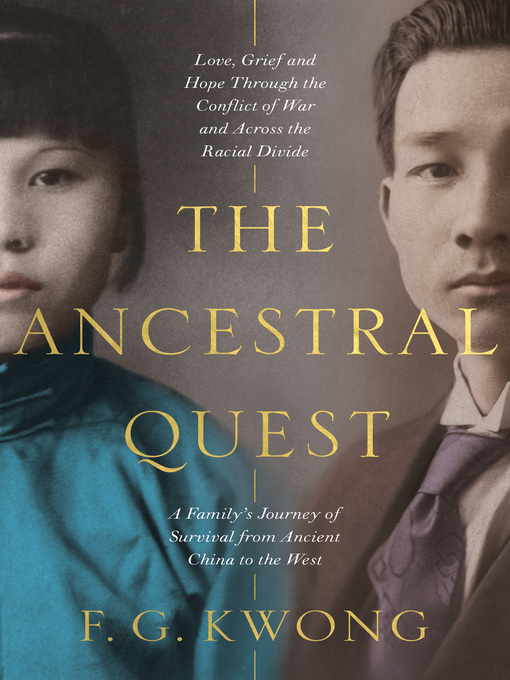When traditional Chinese parents attempted to bring up a family in Britain in the old ancestral tradition, the two worlds of East and West collide head-on in a clash of cultures with tragic consequences. It was a quest for identity and a quest for peace.
In 1921 aged twenty-two, Kwong Shuin Ji as the eldest son was ordered by his father to leave their ancestral home in semi-feudal China for the West to save the family from starvation in the civil wars that erupted following the fall of the Last Emperor of China.
Landing in Liverpool, he went on the run to escape threats and extortion by criminal Triad gangs who targeted immigrants such as him. At the age of thirty-eight, married by proxy without a say in the matter to a girl of eighteen with no name from a neighbouring village in Taishan, duty and obligation to look after his family in China as well as his increasing brood of children in Britain dominated his life. Enduring the bombing blitz in Liverpool during the war and facing attacks by thugs who thought that they were Japanese, he managed to protect his family and survive.
From the time his eldest son Francis was born, his father treated him with mysterious diffidence, bordering on hostility. Constantly at war with his parents, elopements, recriminations and tragedy haunted the family. Convinced that his father was hiding a dark family secret, he began a search for an answer.
In 1966, his father returned to his homeland at the height of the Cultural Revolution to see his siblings after forty-five years away, only to be savaged as a stranger accused of deserting his peasant roots.
On his deathbed, Kwong Shuin Ji now eighty years old, with stark revelations now in the open threatening to destroy the family, was it too late for redemption and reconciliation between father and son and the quest for the truth now finally buried forever?
After three decades in clinical practice in the physical therapies in London, F. G. Kwong retired to devote time to his other passion of writing.
